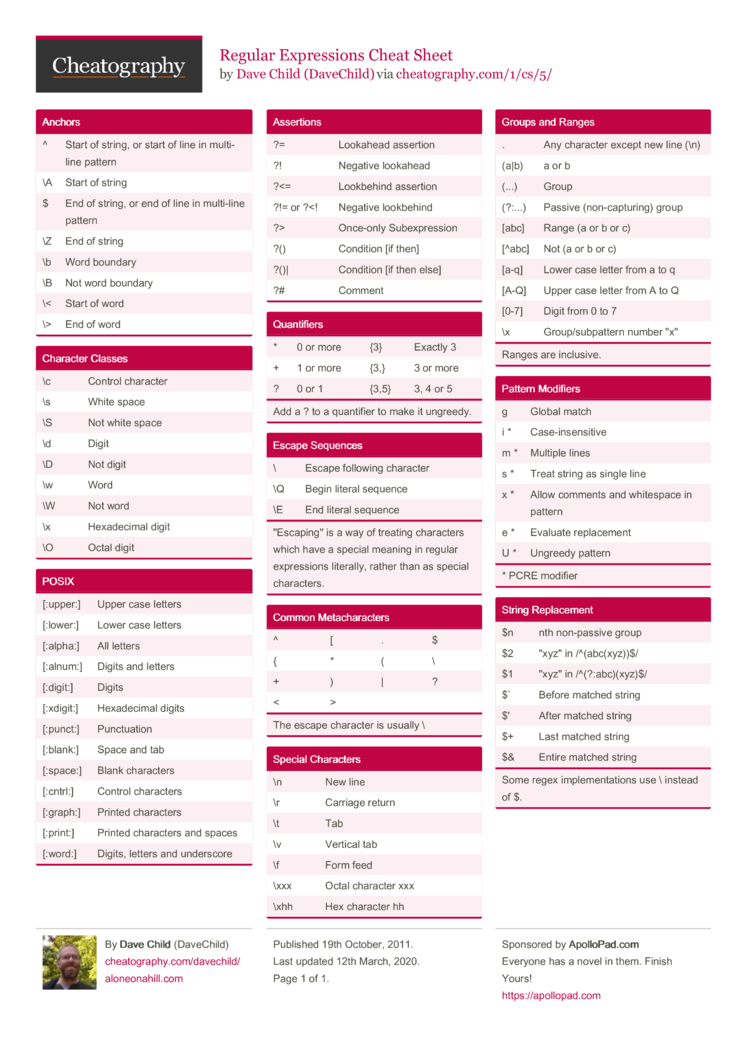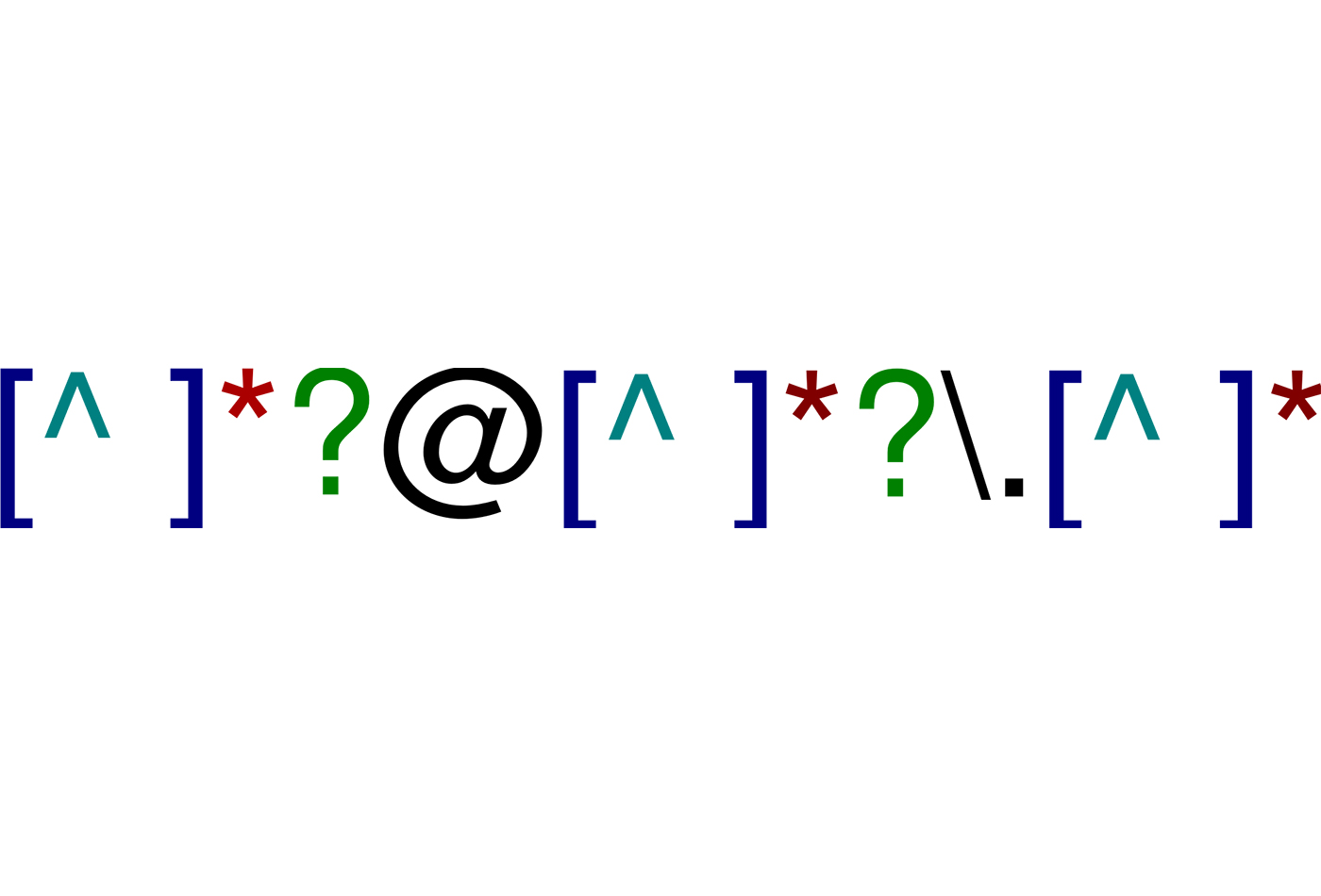Kusto supports a subset of the SQL language. See the list of SQL known issues for the full list of unsupported features.

What is mac address used for. The primary language to interact with Kusto is KQL (Kusto Query Language). To make the transition and learning experience easier, you can use Kusto to translate SQL queries to KQL. Usb dvd for mac. Send an SQL query to Kusto, prefixing it with the verb 'EXPLAIN'.

For example: Bootcamp for mac os x.


When learning regexes, or when you need to use a feature you have not used yet or don't use often, it can be quite useful to have a place for quick look-up. I hope this Regex Cheat-sheet will provide such aid for you. KQL cheat sheets - Quick Reference official page Mar 01 2020 07:05 AM This article shows you a list of functions and their descriptions to help get you started using Kusto Query Language.

| Query |
|---|
| StormEvents | summarize C=count() | project C |
SQL to Kusto cheat sheet
Regular Expression Cheat Sheet
The table below shows sample queries in SQL and their KQL equivalents.
Sql Regex Cheat Sheet
| Category | SQL Query | Kusto Query |
|---|---|---|
| Select data from table | SELECT * FROM dependencies | dependencies |
| -- | SELECT name, resultCode FROM dependencies | dependencies | project name, resultCode |
| -- | SELECT TOP 100 * FROM dependencies | dependencies | take 100 |
| Null evaluation | SELECT * FROM dependencies | dependencies |
| Comparison operators (date) | SELECT * FROM dependencies | dependencies |
| -- | SELECT * FROM dependencies | dependencies |
| Comparison operators (string) | SELECT * FROM dependencies | dependencies |
| -- | -- substring | // substring |
| -- | -- wildcard | // wildcard |
| Comparison (boolean) | SELECT * FROM dependencies | dependencies |
| Distinct | SELECT DISTINCT name, type FROM dependencies | dependencies |
| Grouping, Aggregation | SELECT name, AVG(duration) FROM dependencies | dependencies |
| Column aliases, Extending | SELECT operationName as Name, AVG(duration) as AvgD FROM dependencies | dependencies |
| Ordering | SELECT name, timestamp FROM dependencies | dependencies |
| Top n by measure | SELECT TOP 100 name, COUNT(*) as Count FROM dependencies | dependencies |
| Union | SELECT * FROM dependencies | union dependencies, exceptions |
| -- | SELECT * FROM dependencies | dependencies |
| Join | SELECT * FROM dependencies | dependencies |
| Nested queries | SELECT * FROM dependencies | dependencies |
| Having | SELECT COUNT(*) FROM dependencies | dependencies |
